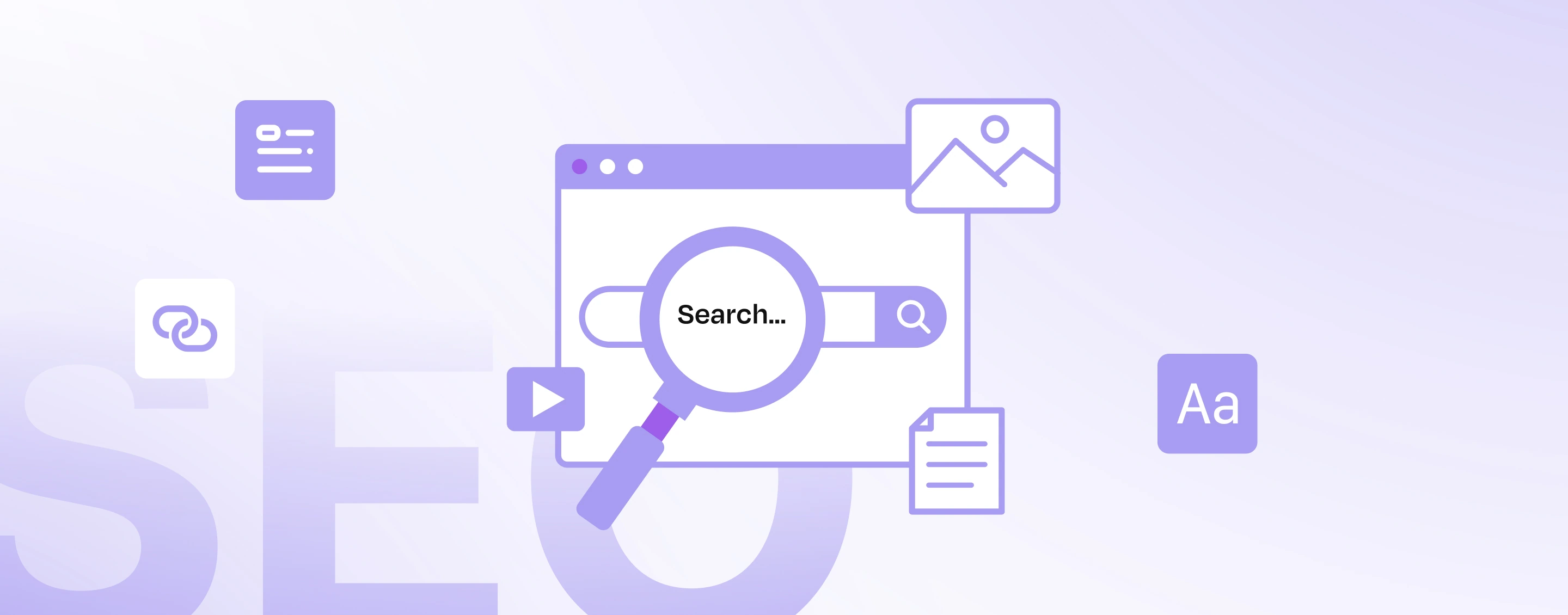What is the new Apple iOS 14 update and how does it affect your Facebook Campaigns?
The issue
The iOS 14 update is Apple’s latest operating system, compatible with all devices that support iOS 13.
The big changes that come with the update are increased privacy and security. “You are in the driver’s seat when it comes to your own data,” says Apple’s senior vice president of Software Engineering. And while that’s great for the individual, it throws a spanner into the works for businesses who use data to better target their marketing efforts; and for agencies like Rock, who specialise in digital marketing and use data to measure the effectiveness of our work.
With iOS 14, any third-party app (e.g. Facebook) will have a pop-up asking the user to opt-in to data collection by the app. Previously, data collection was the default setting – there was no pop-up, and users would need to actively seek to opt-out through each individual app.
To predict the level of impact this will have for advertisers, we can use Apple’s addition of the location-tracking pop-up that was included in the iOS 13 update as a model. Prior to its inclusion, almost 100% of users had location tracking enabled, but with the pop-up to opt-in that figure dropped to less than 50% of users choosing ‘Allow’. The reality is that we can expect the same kind of decline with iOS 14’s data collection opt-in prompt.
Advertisers will find themselves more ‘in the dark’ on the data.

How it works – exactly
To give you an example, here’s a brief run-down:
A user who has opted-out of data collection for Facebook then clicks on a Facebook ad and visits an advertiser’s website. With iOS 14, Facebook cannot report on this data to the advertiser; and the advertiser, therefore, has an unclear picture of the performance of their Facebook ad.
The run-on effect
A Facebook Pixel is simply an analytics tool helping advertisers decide who to advertise to. But as people choose to opt-out, put simply, the Pixel will not learn as much, and, therefore, will not be able to make as informed decisions.
A business advertising on Facebook will be impeded in their ability to remarket to users who have visited their website, or leverage the pixel data to render ‘lookalike’ audiences. Ad optimisation and even the creation of more personalised content for granular audiences will also be affected as these actions are reliant on data.
On the user side, those who choose to opt-out of data collection will find that their Facebook feed ads are more generalised – they’ll be products of guesswork.
What now for businesses?
If you’re a business using Facebook to find and communicate to your people, don’t abandon hope. There’s creative, smart workarounds that can be implemented, at least for the immediate future.
At Rock, we’re helping clients determine exactly how many purchases and leads are coming from iOS 14 devices, and then excluding those devices when running campaigns with conversion objectives – it’s a better metric for understanding whether you’re making the most from your marketing spend.
We’re also thinking about how our clients might create campaigns outside of conversion objectives. Campaigns that grow your email marketing list are an example of effective retargeting that side-steps Facebook. This is definitely a tactic we’re using with clients as it helps them find their audience, and make closer and more direct connections.
If you’re interested in this topic, or navigating these changes in your own business, then please don’t hesitate to get in touch with us. Our strategy-first approach can help you find more inventive ways to grow your business, regardless of the challenges that a software update throws at you.

